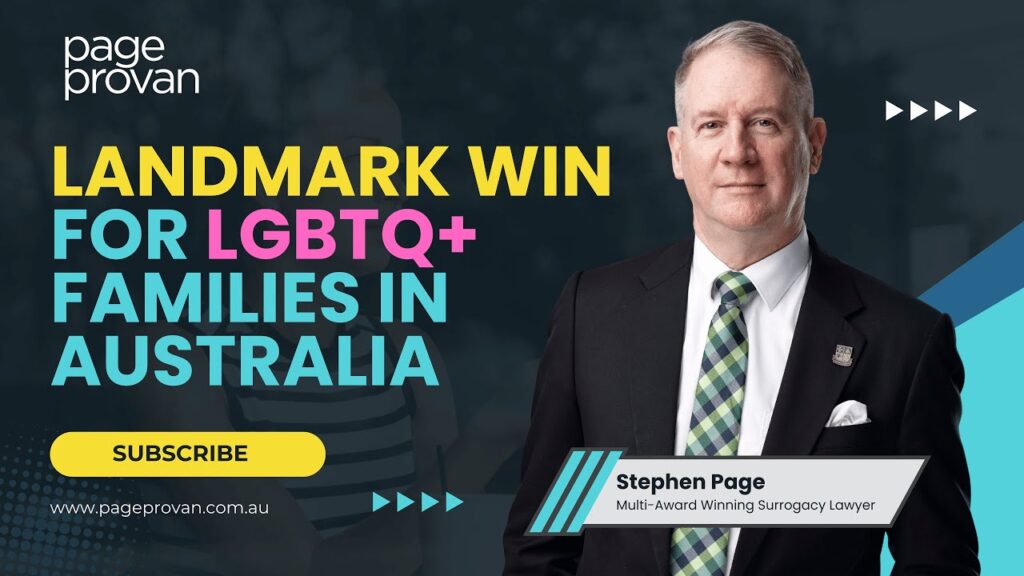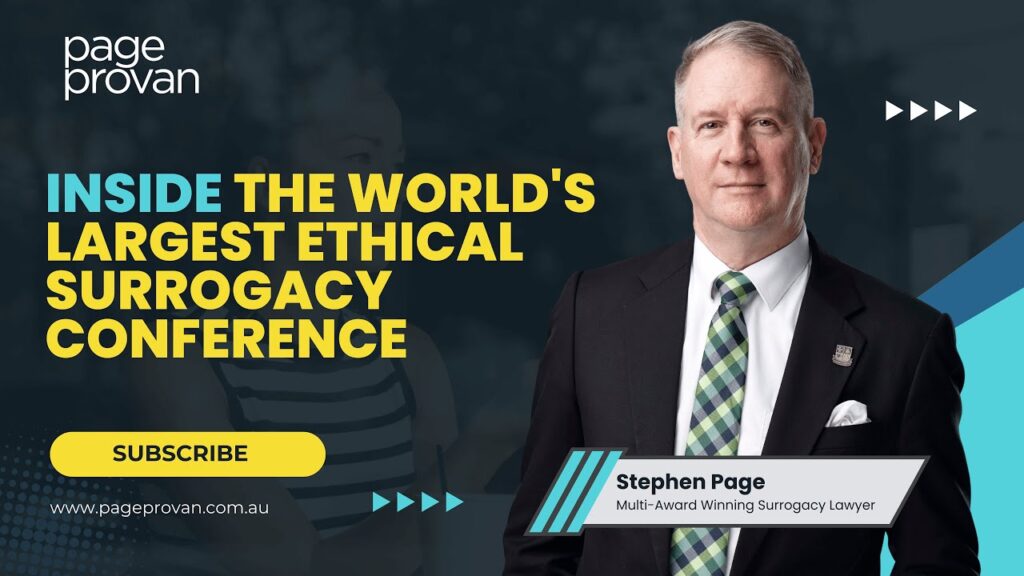Friday, January 04, 2019
Thirty years ago this year the UN Convention on the Rights of the Child was entered into. Every country or the world, including the failed States of Somalia and Yemen, have signed the Convention – except one, the United States.
Ironically, the Convention was signed at New York of all places- on 20 November 1989. Ten years ago, leading human rights NGO, Human Rights Watch, called on the US to ratify the Convention. Jo Becker, children’s rights advocacy director for Human Rights Watch said:
“The United States’ failure to ratify the Convention on the Rights of the Child is an embarrassment. It damages the US’ reputation as a human rights leader and undermines its ability to improve the lives of children around the globe.”
UNICEF has set out asummary of the rights under the Convention. They include:
· The best interests of children must be the primary concern in making decisions that may affect them.
· Governments have a responsibility to take all available measures to make sure children’s rights are respected, protected and fulfilled.
· Governments should respect the rights and responsibilities of families to direct and guide their children so that, as they grow, they learn to use their rights properly.
· Children have the right to a legally registered name, officially recognised by the Government.
· Children have the right to a nationality. Children also have the right to know, and as far as possible, to be cared for by their parents.
· Children have the right to an identity. Government should respect children’s rights to a name, a nationality and family ties.
· Children have the right to live with their parents, unless it is bad for them. Children whose parents do not live together have the right to stay in contact with both parents, unless this might hurt the child.
· Governments should take steps to stop children being taken out of their country illegally. The Convention’s Optional Protocol on the sale of children, child prostitution and child pornography (which Australia has signed) has a provision that concerns abduction for financial gain.
· When adults are making decisions that affect children, children have the right to say what they think should happen and have their opinions taken into account. This does not mean that children can now tell their parents what to do.
· Children have the right to think and believe what they want and to practice their religion, as long as they are not stopping other people from enjoying their rights.
· Children have the right to meet together and to join groups and organisations, as long as it does not stop other people from enjoying their rights.
· Children have a right to privacy.
· Children have the right to be protected from being hurt and mistreated, physically or mentally. Governments should ensure that children are properly cared for and protect them from violence, abuse and neglect by their parents, or anyone else who looks after them.
In Australia, the Convention is not part of domestic law. Nevertheless, many Australian laws, such as the Family Law Act, have been drafted to make sure that they comply with the Convention. The Family Law Act says in section 60B(4) an additional object of Part VII of that Act, which deals with parenting, is to give effect to the Convention. Most recently a review of Victoria’s adoption laws has called for changes to the law there so that there is compliance with the Convention.
The High Court in Teoh’s case(1995) said that decision makers, including therefore judges, should, absent laws or regulation to the contrary, take into account the Convention because parents and children had legitimate expectations that Australia would comply with its international obligations.
Things to Read, Watch & Listen












